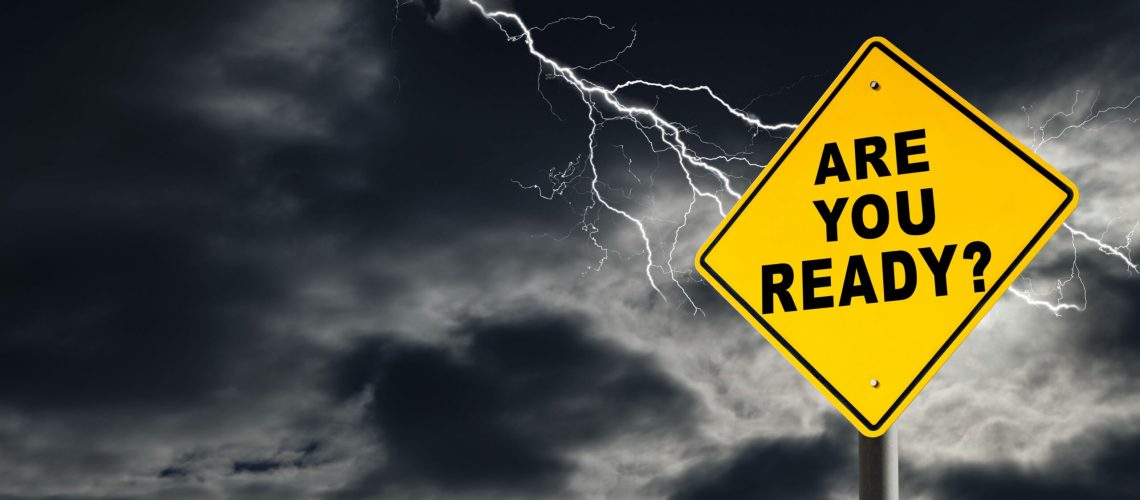Call Ahead Care Line: (281) 783-8162

Here’s a list of what items to include for emergencies:
1. Water – You should have 1 gallon of water per person in your household per day for at least three days. That means if you have a family of 5, you need 15 gallons of water stocked.
2. Food – Non-perishable food such as tuna, salmon, canned fruit, instant soup mixes, peanut butter, and cereal
3. Battery-powered or hand-crank radio
4. Flashlight (and back-up batteries)
5. First aid kit – see our blog on what to stock in a first aid kit if you need help with this one.
6. Extra batteries, specifically, the kind needed for your flashlight and radio
7. A whistle to signal for help
8. Moist towelettes, garbage bags, and plastic ties for sanitation
9. Wrench or pliers in case utilities need to be shut off
10. Manual can opener for food
11. Local maps (in case you’re unable to charge your smart devices)
12. Cell phone with chargers and back up batteries
Additional items to consider include: prescription medications, non-prescription medications, such as pain relievers and anti-diarrheal, glasses and contact lens solution, infant formula, bottles, diapers, wipes, per food and extra water for your pet, cash or checks, sleeping bags, a complete change of clothing and sturdy shoes, fire extinguisher, feminine supplies, books, and games.
For more information, visit: https://www.ready.gov/build-a-kit
We improve our services by using Microsoft Clarity to see how users interact with our website. By using our site, you agree that we and Microsoft can collect and use this data.